Quebec’s Alimentation Couche-Tard started with one store in 1980. Now, the retailer stands a serious chance of taking over the largest operator of convenience stores in the world: 7-Eleven.Â
Currently, 7-Eleven’s more than 84,000 locations across the globe are owned by Japanese retailer giant, Seven & i Holdings, which rejected an offer worth $38.5 billion from Couche-Tard earlier this month.
But with the door still open to future deals, and Couche-Tard reportedly considering raising its offer price, it’s possible that the Canadian company is on the verge of an acquisition that would make it one of the biggest retailers in the world.Â
The potential takeover is being watched carefully by many â from Japanese customers nervous that a Canadian owner could change what has become a cultural institution, to U.S. customers worried a takeover could interrupt plans to expand Japanese-style offerings in American stores, to Canadians curious about an upgrade to our local 7-Elevens.
So how did we get here, and where could Couche-Tard go in the future?
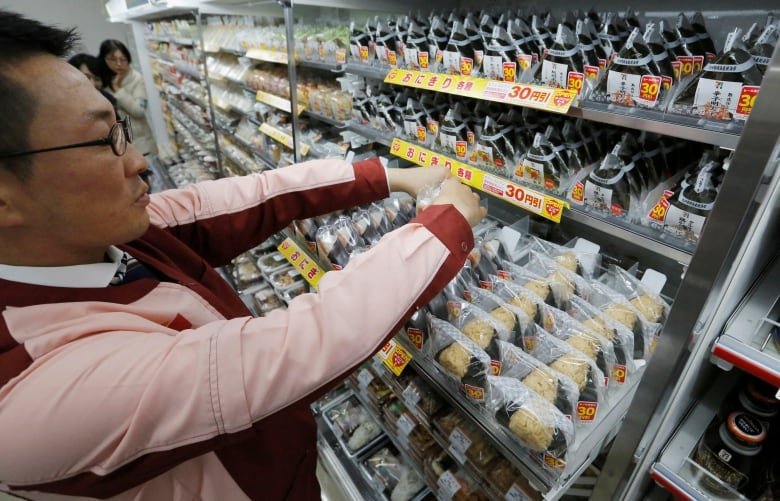
How it came to dominate
Québécois entrepreneur Alain Bouchard founded Alimentation Couche-Tard with that first store 44 years ago in Laval, Que. The store was modelled after the Québécois dépanneur, a regional style of neighbourhood corner store unique to the province.
The classic dépanneurs are independently owned and are a fixture of the province’s late-night scene, having sold alcohol long before other convenience stores elsewhere in Canada did.
Through a series of acquisitions, Bouchard transformed the chain into a global convenience store brand that is now one of the biggest companies in Canada, and one of the world’s largest convenience retailers.
Yan Cimon, a professor of strategy at Laval University’s business school in Quebec City, said the company has always been on a “relentless quest for growth.”
“But it’s a quest for what I would call disciplined growth,” he said, “meaning that if you look at the way Couche-Tard selects the assets it wants to acquire, it knows very well the price it should pay and the price it could pay for that asset to make it profitable and to create value.”
The company now operates more than 16,000 convenience stores across North America and Europe, mostly under the brand names Couche-Tard, Circle K and On The Run. An acquisition of Seven & i would be its crown jewel.
Part of the strategy behind its acquisitions is to adapt its offerings in different countries so that they’re tailored to the culture and regional tastes of that country, said Cimon.Â
Couche-Tard is making a bid to take over convenience store giant 7-Eleven. It may seem like a big step, but the Quebec-based company already has a global footprint.
Nearly 40 years of acquisitions
The company’s first acquisition came in the form of 11 convenience stores in Quebec City in 1985. Couche-Tard then bought two more convenience store brands, adding Sept-Jours stores to its portfolio in 1987 and buying 60 Mac’s stores in 1993. The latter brand became Circle K in 2015.
Couche-Tard acquired 86 stores from dépanneur operator Perette in 1994.
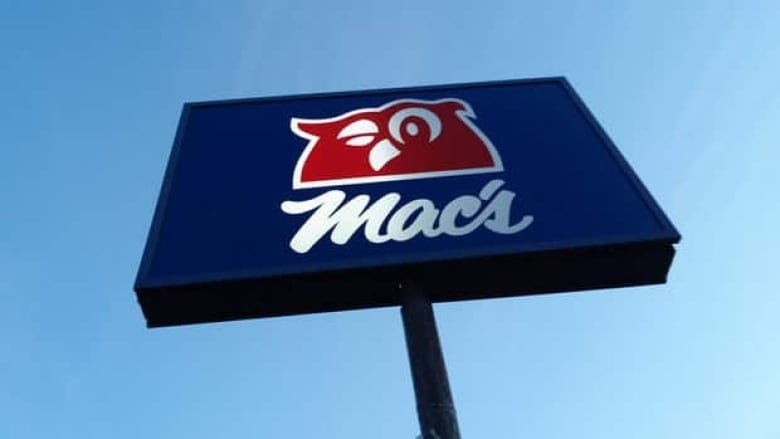
Couche-Tard then expanded outside of its home province by buying C-Corp Inc., a subsidiary of the Provigo grocery chain, in 1997, which included stores in Quebec, Ontario and Alberta.
Its distinctive red logo, a winking night owl, came from that acquisition. The phrase couche-tard itself refers to a person who stays up late, or a “night owl.”
The convenience brand bought its Toronto rival Silcorp Ltd. in 1999, and subsequently acquired a 30-store chain called Tabatout, more than 100 Dunkin’ Donuts locations and 13 Quali-T corporate stores in the 2000s.
But the company’s true “growth spurt” came when it acquired the assets of a Norwegian petroleum company called StatOil in 2012, said Cimon.
“The Scandinavian deal basically showed that they could buy large assets in foreign countries at an acceptable price for them, a price that enabled them to create value,” he explained.
“It also proved that they could operate a small margins business like corner stores or dépanneurs are, but they could do so in very different cultural context than what we know in North America.”
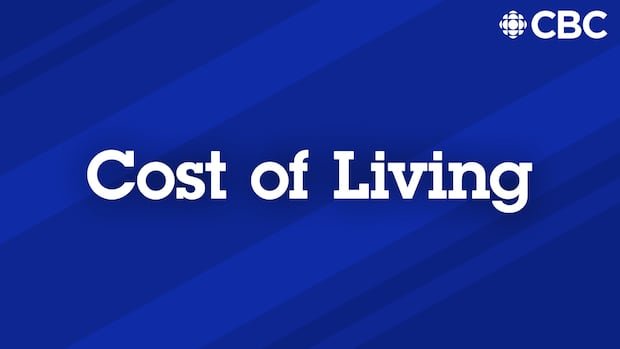
Couche-Tard is bidding to take over the global convenience store giant, 7-Eleven. It’s the kind of big swing we rarely see from corporate Canada. So, what are the chances it will succeed? Plus, why the cost of AC is about to go up faster than temperatures in July. And, how much would you pay to have brunch with your favorite reality TV star?Â
On the same day that it announced its offer to Seven & i, Couche-Tard announced that it had acquired GetGo Cafe and Markets from Giant Eagle Inc., a deal that the company expects to close sometime in 2025.
While its takeover of French grocery retailer Carrefour fell through in 2021, Couche-Tard announced earlier this year that it had acquired some retail assets from TotalEnergies SE, a French oil company.
The deal brought Couche-Tard into Germany, the Netherlands, Belgium and Luxembourg.
Small fish eats big fish?
But Seven & i poses a new challenge for Couche-Tard because of the scale of its business.Â
“If they want to buy such a huge conglomerate like Seven & i holdings, they will have at some point to rethink the operational side of the house,” said Cimon. He noted that Seven & i has other non-convenience industry assets that Couche-Tard might want to eventually sell, should a deal go through.
Couche-Tard made an unsolicited offer to buy Seven & i in August, asking to buy the company’s outstanding shares for $14.86 each.
Seven & i rejected the deal, saying that it was not in the best interests of its shareholders due to potential regulatory pushback and that the offer “grossly undervalues” the company.
But some shareholders have publicly called on the company to consider Couche-Tard’s offer or implied that it would benefit the company, including the investor Artisan Partners, which owns more than one per cent of Seven & i.
The company’s rejection of Couche-Tard’s offer “starts the clock for its management and the board to demonstrate how they plan to deliver more value than was offered by Couche-Tard,” said Ben Herrick, an associate portfolio manager at Artisan.
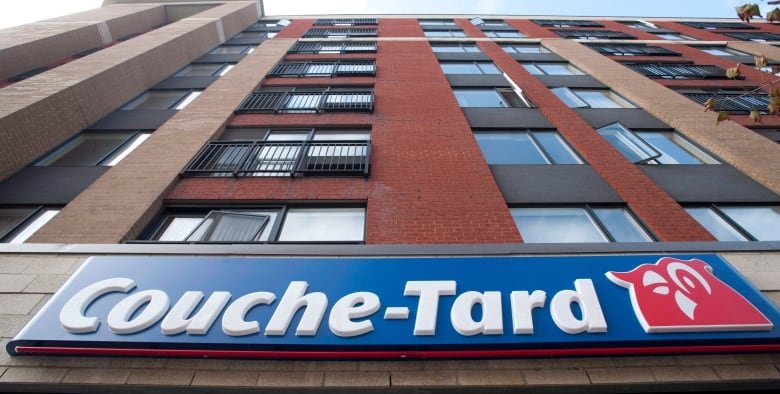
If Couche-Tard buys Seven & i, it would be the largest-ever foreign-led acquisition of a Japanese company.Â
The deal is subject to approval by Canadian regulators, but Seven & i’s concerns are with the Federal Trade Commission in the U.S., which has been cracking down on deals with antitrust issues under FTC chair Lina Khan’s regime.
Couche-Tard has indicated that it’s willing to sell some of its other assets to up its chances of securing regulatory approval in the U.S., and that it would update its offer to address regulatory issues in Japan.
According to London Stock Exchange Group (LSEG)Â data, Couche-Tard’s acquisition of Seven & i would be the largest all-cash offer of a company since Elon Musk bought Twitter for more than $40 billion US in 2022.
“I think Couche-Tard is at a stage of its evolution where it could successfully buy such a big company as 7-Eleven or Seven & i,” said Cimon.
The cultural juggernaut of Japanese 7-Elevens
While 7-Eleven is a well-known convenience store in Canada, in Japan they’ve become a cultural staple â there’s more than 21,000 of the convenience stores, or “conbini”, across the country.Â
Unlike their North American counterparts, they’re a popular food destination, carrying a wide variety of prepared and fresh foods, ranging from sandwiches to onigiri (rice balls with various fillings) to boxed lunches.Â
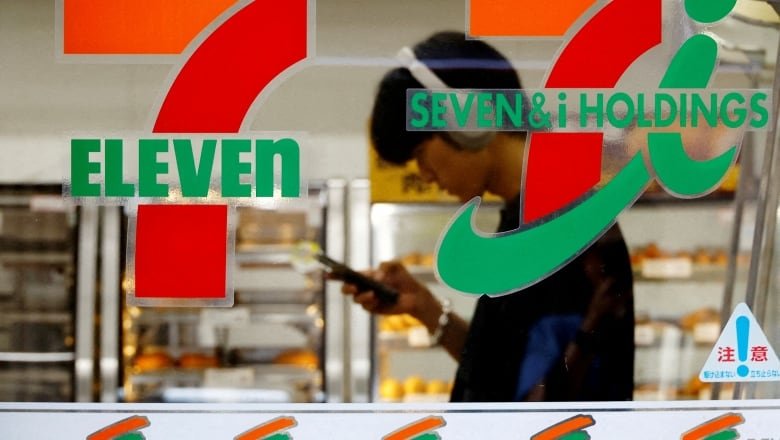
The prospect of a Canadian company taking over from the Japanese parent company of 7-Eleven has sparked questions both at home and abroad.Â
Earlier this year, Seven & i said it was planning to introduce more than 200 food items in its U.S. 7-Elevens, including some distinctly Japanese offerings, an announcement that was enthusiastically received by food fans, according to Reuters. It’s unclear if a takeover by Couche-Tard could interfere with this planned U.S. expansion of flavours.Â
But could the acquisition mean onigiri popping up on the shelves of Canadian 7-Elevens?Â
When a company acquires another, they can learn from that company’s best practices, retail expert Lisa Hutcheson said, but that doesn’t mean that everything will carry over.Â
Canadians tend to shop in big trips to the grocery store, rather than frequent small trips, meaning that convenience stores here are more focused on junk food and quick snacks rather than the higher range of products found in Japan, she said.
“Each country has its own culture and its own customer,” she said. “The Japanese convenience store is different than in Canada.”

